– Diplomats and Experts:
- Think tanks contribute to enriching scientific and cultural content and fostering closer ties between peoples
- A secure and just future cannot be built without cross-border intellectual partnerships
- Research institutions are key players in guiding global discussions on pressing issues
- Think tanks are well-positioned to analyze the specific challenges and opportunities shaping international relations
As part of its research tour in Argentina and through its Latin America Office, TRENDS Research & Advisory organized an extensive panel discussion titled “MENA–LATAM Relations: The Relevance of Think Tanks.” The event was held in partnership with the Argentine Council for International Relations (CARI) and took place at the Julio Cortázar Hall in the Yellow Pavilion of the Buenos Aires International Book Fair.
Diplomats and experts who participated in the panel discussion, which was moderated by Abdullah Al-Hammadi, Head of the Advisory Sector at TRENDS, emphasized the crucial role that think tanks play in the production of knowledge. Through in-depth research and studies, these institutions enrich the scientific and cultural content of societies and serve as bridges of communication between different cultures and peoples, thereby promoting a deeper understanding of global issues and ongoing crises.
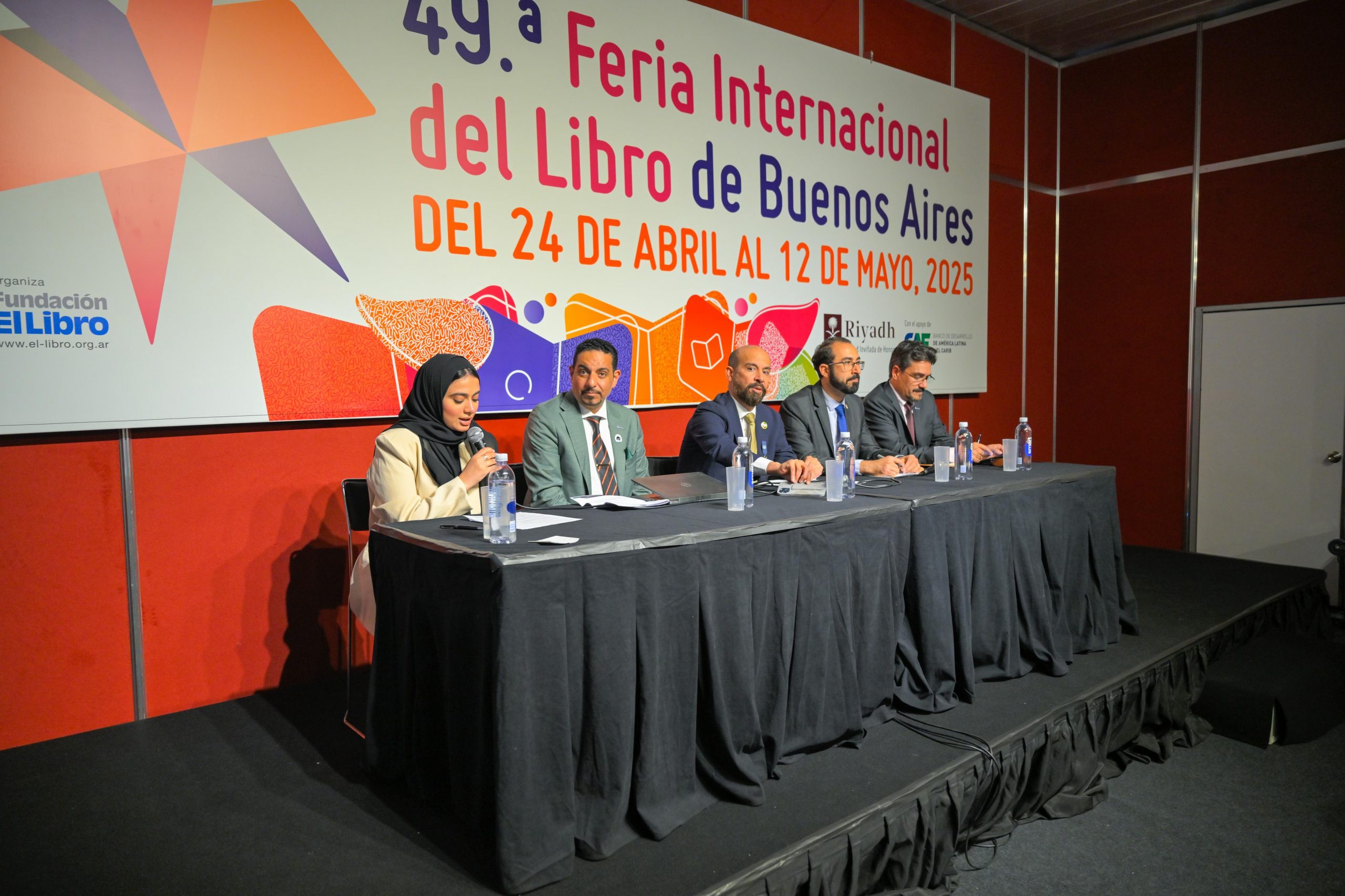
The speakers also highlighted that think tanks serve as platforms for dialogue and the exchange of ideas. They are key drivers of creativity, innovation, and public education, offering targeted and meaningful knowledge while creating dynamic learning environments that help propel societal progress. Moreover, think tanks play a vital role in narrowing differences and guiding global conversations on pressing issues, particularly economic, political, and security-related challenges, making them essential actors in strengthening MENA-LATAM relations.
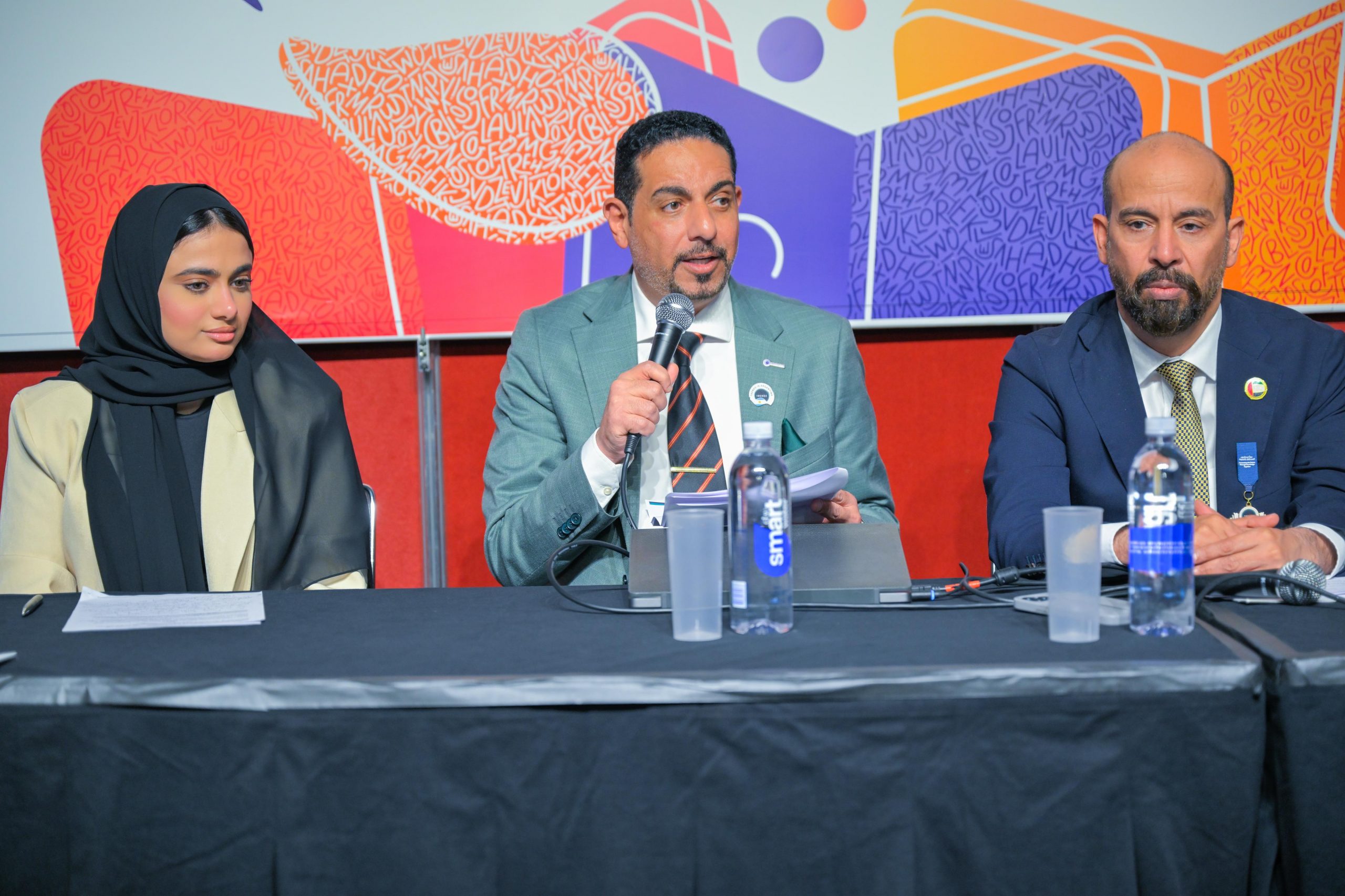
Breaking Traditional Frameworks
In his opening remarks, Dr. Mohammed Abdullah Al-Ali, CEO of TRENDS Research & Advisory, emphasized that the discussion reflects the importance of moving beyond traditional frameworks of geopolitical dialogue. He called for openness to new voices and greater cooperation between regions of the world that have often been on the margins of global discourse despite their strategic weight, abundant resources, and promising human capital.
Dr. Al-Ali noted that although the MENA and Latin America regions are geographically distant, they share numerous points of convergence, both in terms of shared challenges and shared aspirations to build a more just and multipolar world order. He stressed that think tanks play a pivotal role in this regard, serving as platforms for dialogue and idea exchange, incubators for carefully crafted policy alternatives, and safe spaces for free and constructive thought.
He affirmed that think tanks have proven to be more than just repositories of information; they are influential actors in shaping international agendas and guiding conversations on pressing global issues, from peace and security to climate change and migration, and from technology and artificial intelligence to social justice and equal opportunity. They fulfill this role through rigorous analysis, reliable data, and practical recommendations that are sensitive to the unique characteristics and cultural contexts of different countries.
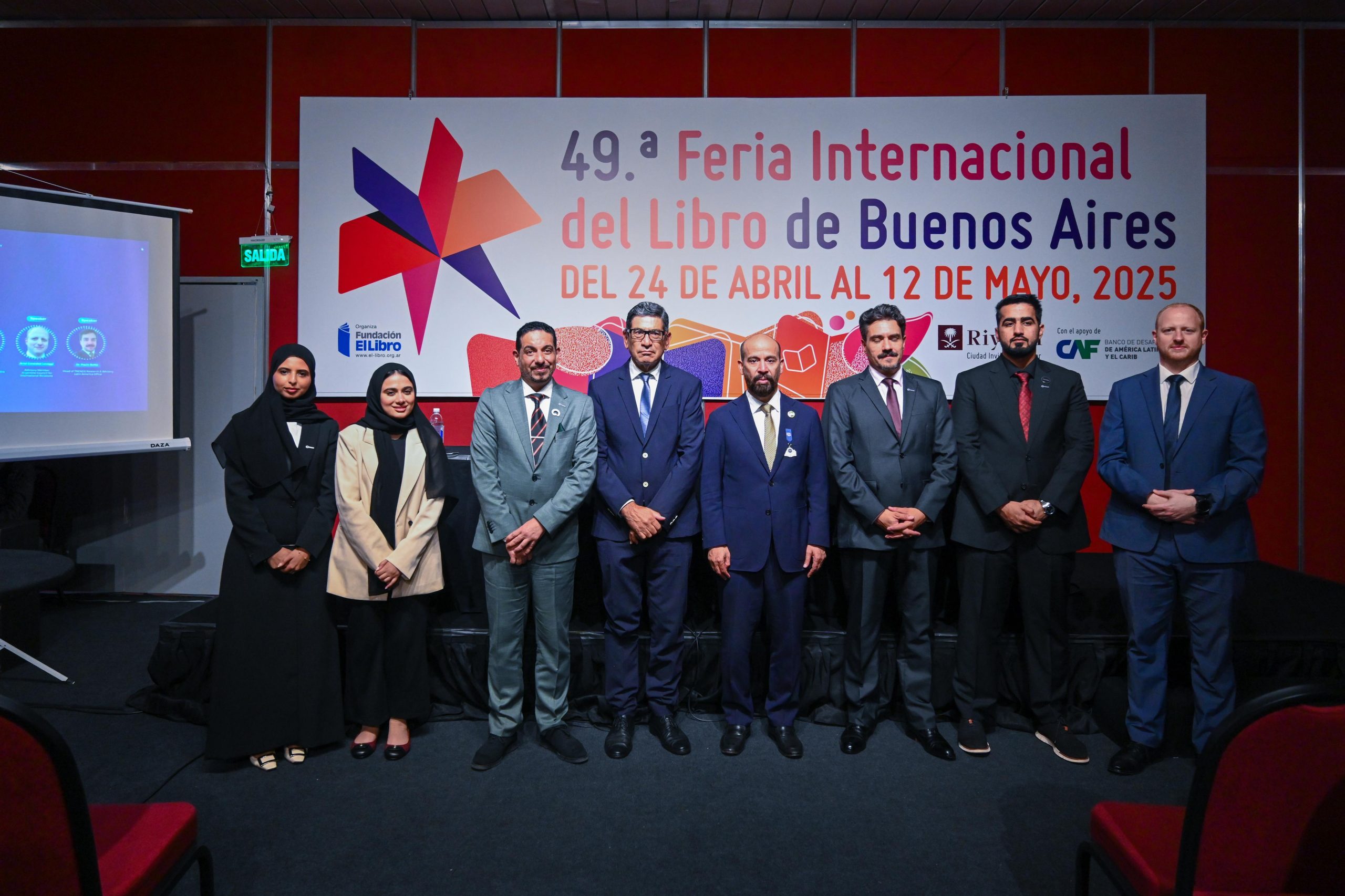
The Power of Knowledge and Thought
Dr. Mohammed Al-Ali emphasized that TRENDS firmly believes knowledge is the most powerful tool of soft power, and that building a secure and just future is impossible without cross-border intellectual partnerships. Guided by this conviction, TRENDS strives to be an open space for cultural and intellectual dialogue and a platform for fostering mutual understanding between civilizations. He also highlighted the center’s strong focus on youth engagement, viewing young people as the true bearers of future ideas and the key to keeping intellectual discourse open, dynamic, and evolving.
Dr. Al-Ali added that TRENDS sees its collaboration with Latin American think tanks, including most notably the Argentine Council for International Relations (CARI), as a strategic opportunity to fulfil this mission and help shape a more balanced global intellectual framework that represents the interests of the Global South and contributes to a future of development, understanding, and peace.
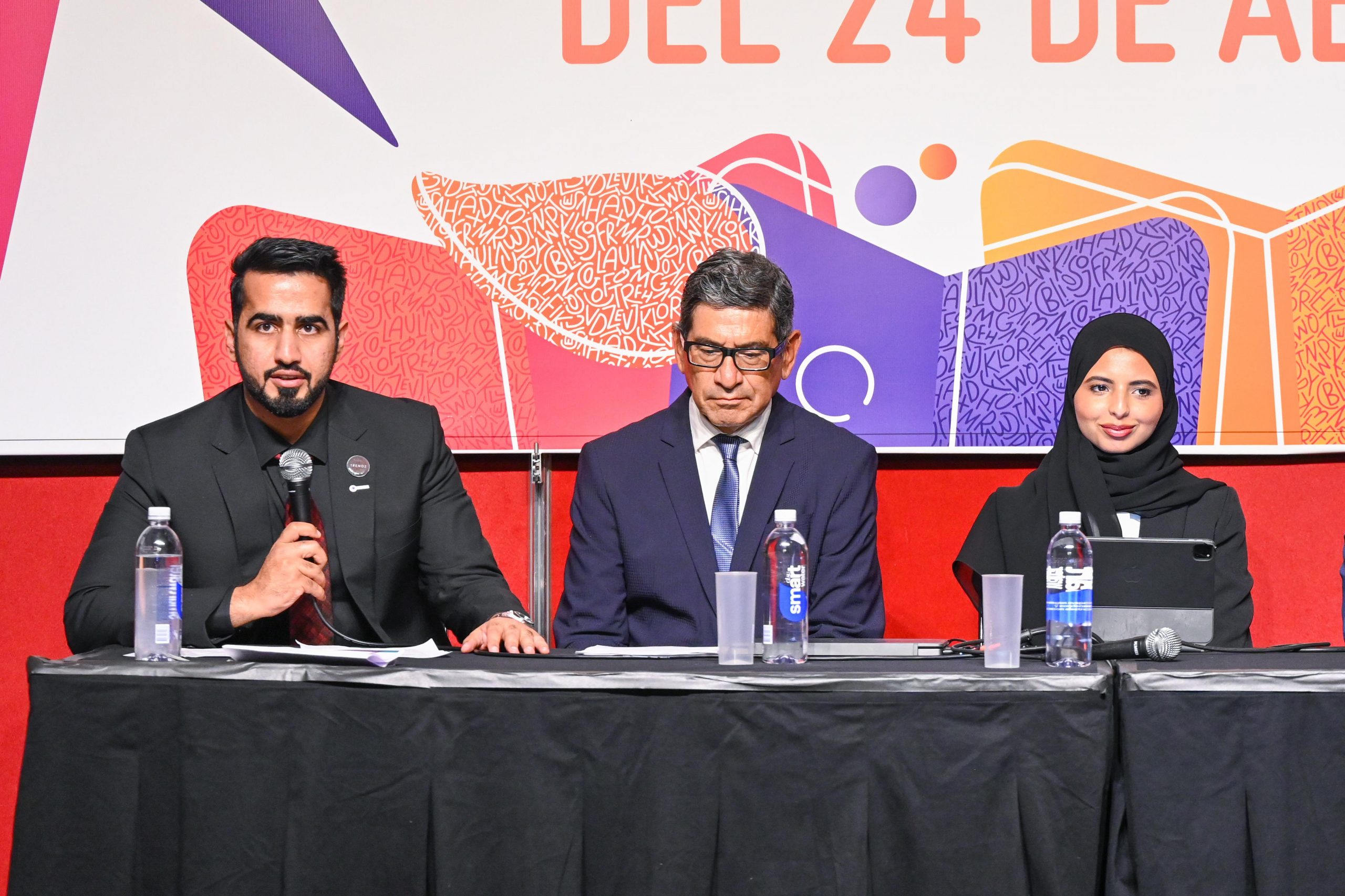
Tolerance and Mutual Respect
In his keynote address, H.E. Saeed Abdullah Al-Qemzi, UAE Ambassador to Argentina, affirmed that the UAE is a beacon of security, stability, and prosperity. It is home to over 200 nationalities living in harmony under the values of tolerance and mutual respect. He added that these values are deeply reflected in the UAE’s foreign policy, which remains open to all countries based on shared interests and consistently supports the aspirations of peoples and the pursuit of stability and sustainable development.
Al-Qemzi noted that economic relations between the UAE and Argentina are steadily growing, with bilateral trade totaled USD 4.3 billion over the past four years. Both sides are working to double this figure, particularly following the entry into force of the Investment Protection and Promotion Agreement last October, and as negotiations progress toward a Comprehensive Economic Partnership Agreement with the Mercosur countries.
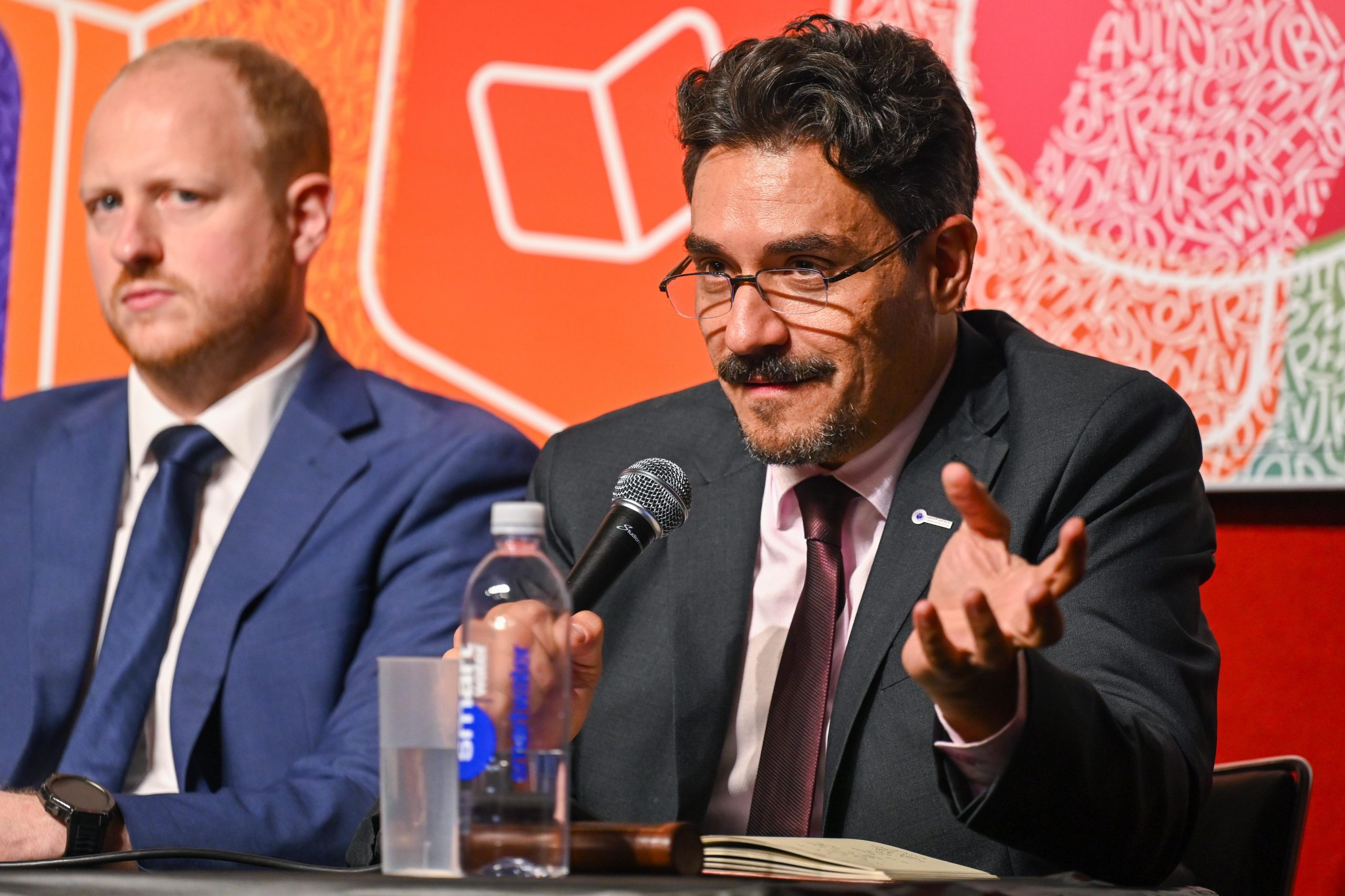
Shared Interests and Values
Sergio Cerda, former Argentine Ambassador to Saudi Arabia and member of CARI, spoke about Argentina’s relationship with the MENA region. He noted that the two regions share common interests and values on the international stage, which serves as a strong foundation for strengthening ties whether at the regional or bilateral level. He added, “I spent half of my diplomatic career in the Middle East, so I can confidently say that the potential for deepening relations is real, not just wishful thinking.”
In the same context, Ariel Gonzalez Levaggi, Advisory Member at CARI, discussed the future of Latin America’s relations with the Middle East and North Africa. He remarked that Latin American countries face numerous challenges within the current world ordre, including the lack of a unified vision and weak regional cooperation mechanisms. Nevertheless, he emphasized the presence of shared interests, such as the need to diversify external partnerships, and noted that countries in the MENA region are emerging as important partners in this regard.
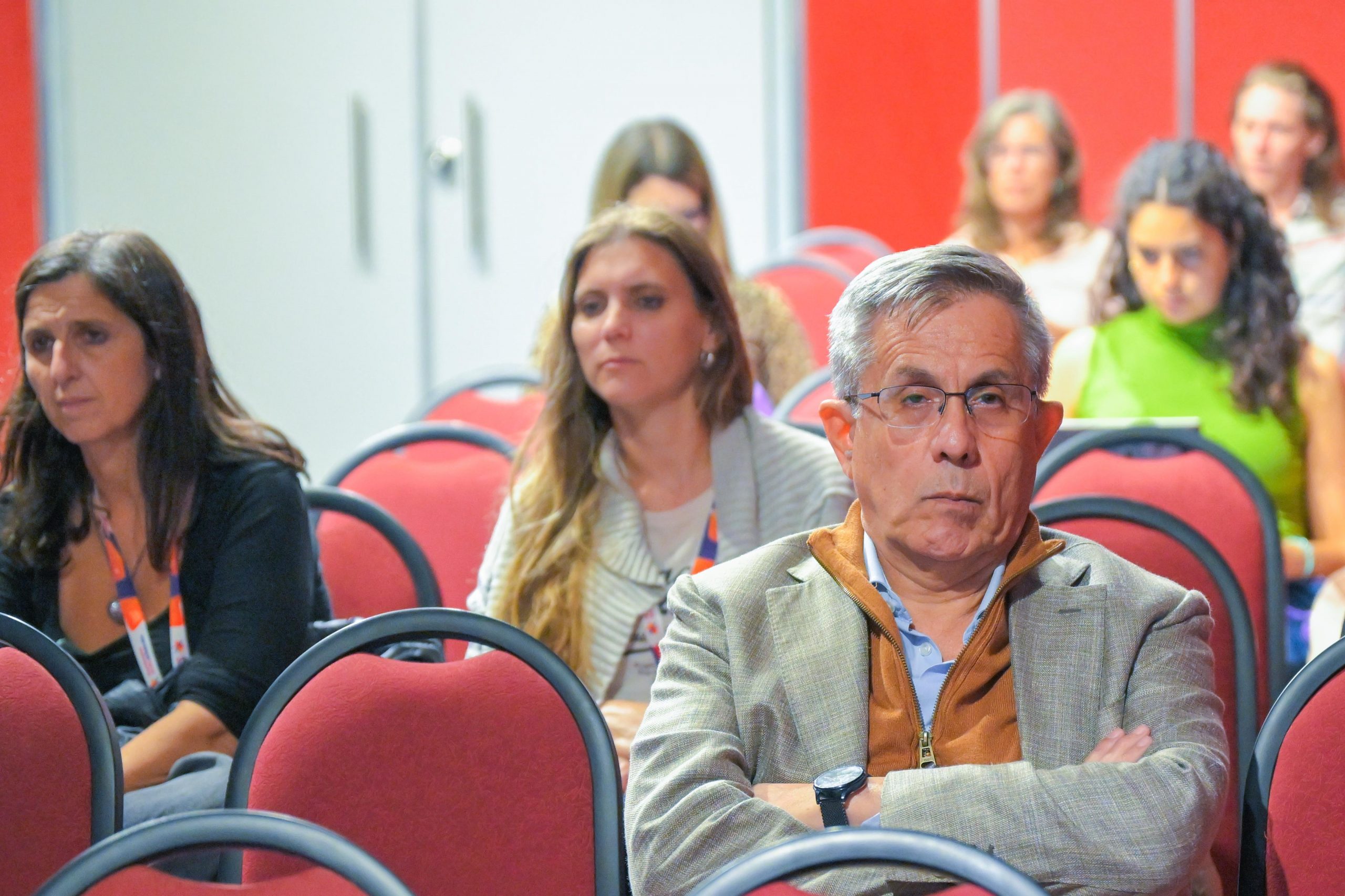
Opportunities and challenges
Dr. Paulo Botta, Head of TRENDS’ Latin America Office, explained that there is a fundamental alignment between the countries of the Middle East and North Africa and those of Latin Americ, an alignment that can transform their relationship into a mutually beneficial one. On the one hand, there is a need to diversify and develop economies; on the other, there is a growing desire to strengthen international trade and diplomatic partnerships.
Botta noted that think tanks can play a crucial role in helping both the public and private sectors in these regions better understand one another. Through research and scholarly publishing, these institutions function as bridges that bring perspectives closer together, laying the groundwork to seize opportunities, confront shared challenges, and better define emerging relationships, trends, and transformations.
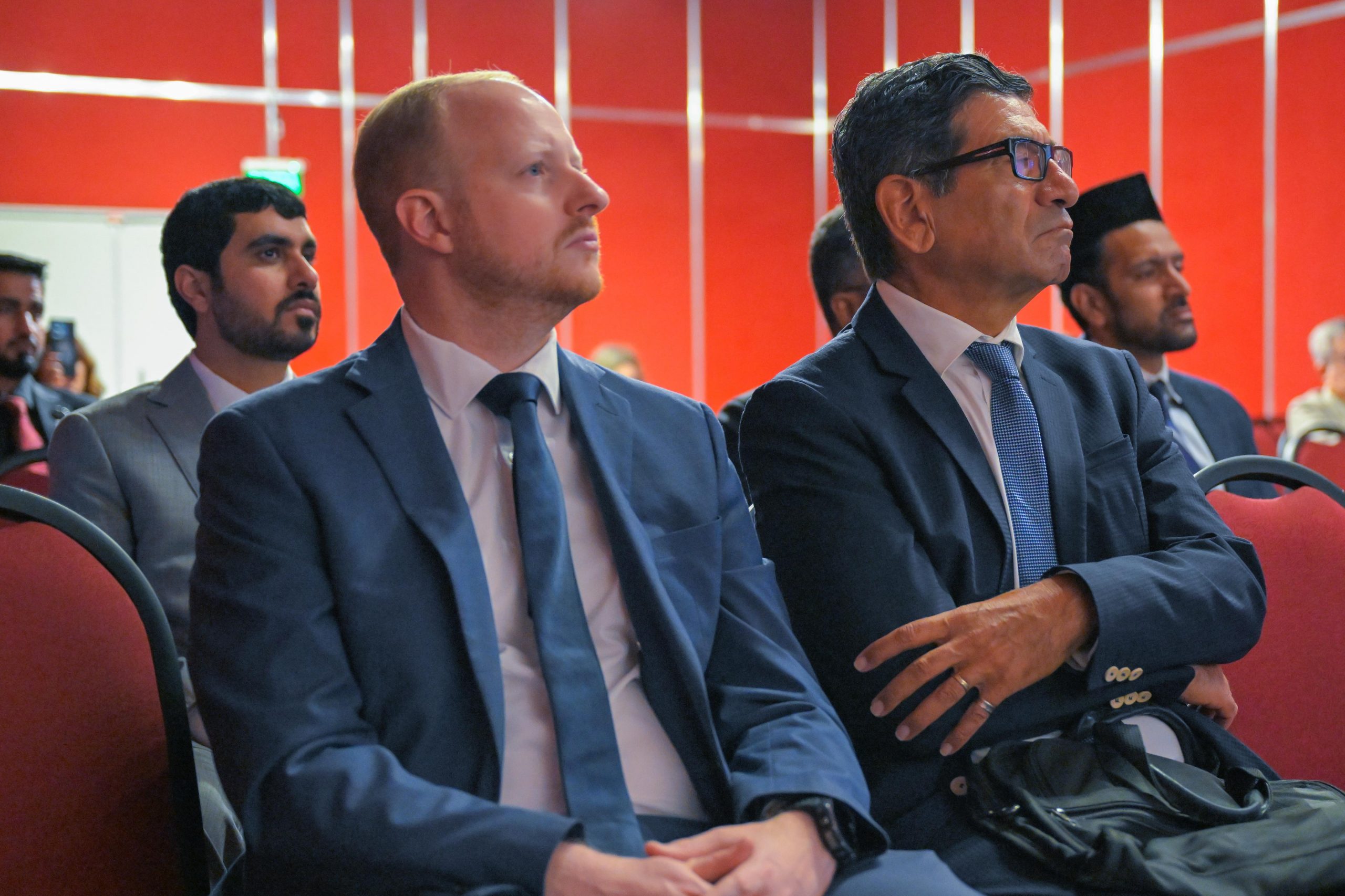
Youth Empowerment
Shamma Al-Qutbah, a researcher at TRENDS, emphasized the importance of strengthening cooperation between the MENA and Latin America through youth empowerment. She noted that young people are the driving force behind building the future. Despite the geographical distance, the two regions share common values, aspirations, and immense potential. Youth are at the heart of communication, technological innovation and community leadership in addressing global challenges, especially climate change.
Al-Qutbah called for building genuine bridges between young people in both regions through tangible initiatives, such as cultural and language exchange programs, academic partnerships, and innovation incubators. She also advocated for the creation of platforms dedicated to youth dialogue. She stressed that investing in young people’s potential and believing in their capabilities is essential for strengthening international relations and advancing partnerships based on shared human values for a better future for all nations and societies.



